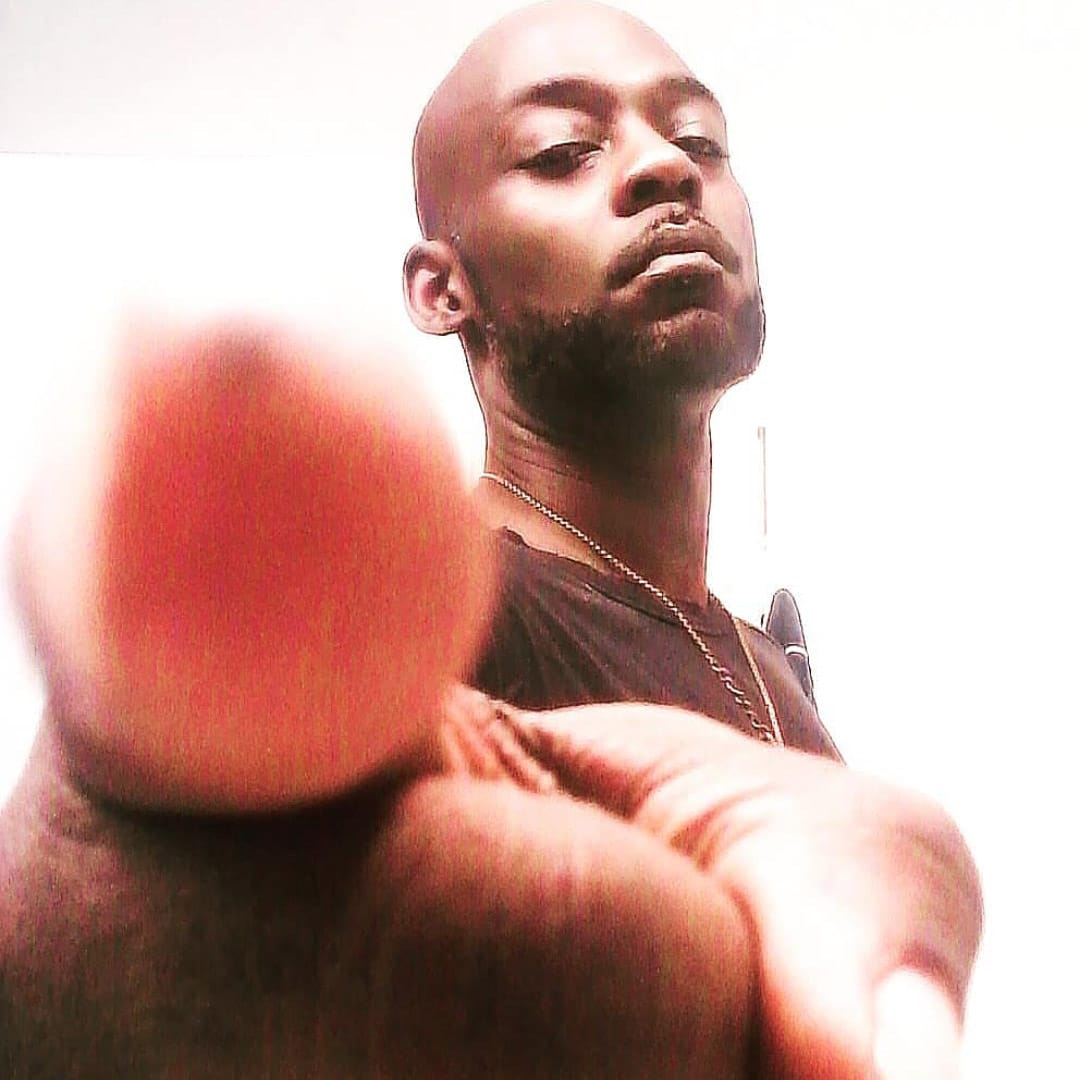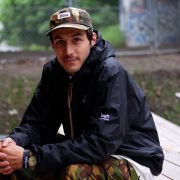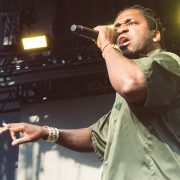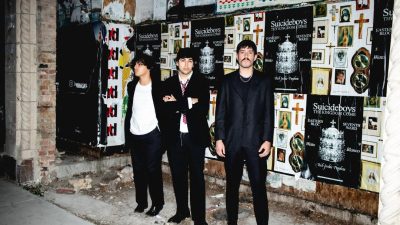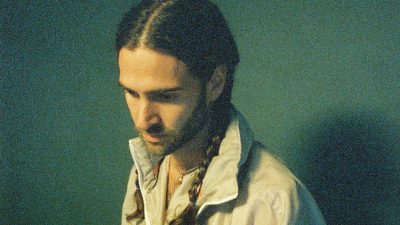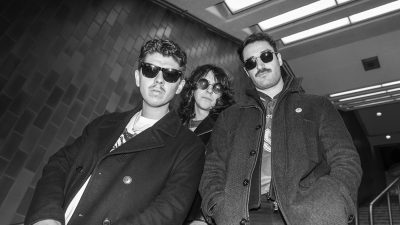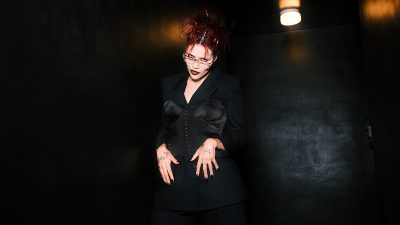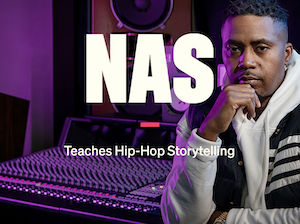King Turbo are just here to play but they are not playing around
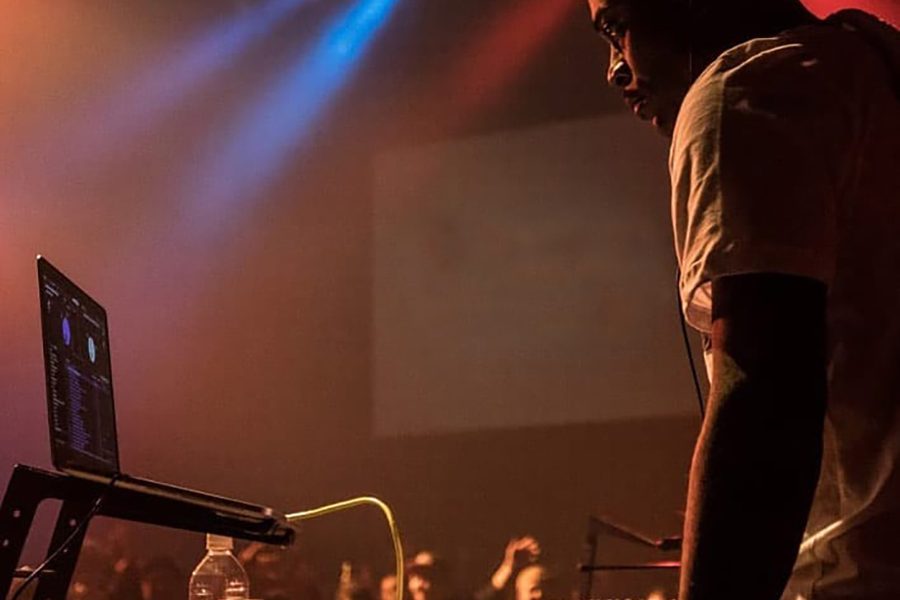
On Thursday, July 18th Reggae Sumfest will host a Global Sound Clash. Five artists from around the globe are landing in Montego Bay to compete for the title and one of the competitors is our own Canadian heavy hitters King Turbo. After a few quick emails Andrew ‘Slingshot’ Dillon, founder of King Turbo, and I found time to sync up over the phone to talk about the upcoming battle and Sound Clash as a whole.
But first, a very brief history of Sound Clash.
At its root Sound Clash is a Sound Systems rivalry that evolved into the fundamental music battle of the Jamaican culture. The battles began as street party battles long before dancehall, reggae, and ska. The participating crews, fronted by selectors – those in charge of choosing the music – would battle it out till death by shame, judged only by the audience observing the rivalry.
The Clash arena is surrounded by a wall of speakers, often towering 12 feet off the ground and omitting triple the frequencies compared to an average stereo. The turntables traditionally were attached to large trucks which also carried the speakers to the location. Over the years, not much has changed in the clash formula but when other countries embraced the genre and World Sound Clash was created, the battle evolved into the official Olympics of the Sound Systems. A detailed history piece on Red Bull Music Academy points out that “according to Garfield ‘Chin’ Bourne, the goal of World Clash was to minimize the no-rules tendencies of clash events.” As such referees and rounds (just like in boxing) were introduced into the battle to encourage fair play.
Sound Systems are still widely popular and held all across the world year-round. Winning a World Clash trophy is an incredible honour not just for the crew who placed but for the country they represent. King Turbo has won twice.
“Sound Clash is 20% music and 80% psychological warfare,” says Andrew Dillon and we both chuckle for a moment. “You’ve got to psych out your opponent. If your opponent is psyched out it doesn’t matter what you’re playing and the confidence level on your side builds… People can use an expensive song, for example, a Super Cat charges $5000 US for one song, and overtake a song that is cheaper… but if your confidence level is high and you’re doing well at the dance, you can use a hundred dollar artists to trump that five thousand dollar song” he continued. “It’s all psychological. It’s all about momentum. You know you got to say the right things at the right time. You gotta capitalize off of things that are happening at the event.”
“Songs that you may play might be specialized for that event which might give it that extra boost… a ‘forward’ is what they call it,” he diverted to the terminology for a brief second. “It’s like mixed martial arts, you pound your opponent, you pound him to the ground until he can’t get up, no mercy.” Their strategy, although he wouldn’t share much of it with us just yet, is to be prepared and bring “that Canadian flavor” into the arena. I inquired about the particulars of the Canadian flavor, “well, clearly people are nice,” he laughed, “but we’ll put it to the wheel when we have to.” After making an inevitable reference to the Raptors he circled back to the Clash: “We have to go out there and be funny, you know not as tense because the Jamaican sound, they like to curse a lot…and all this stuff… but you can’t stick on one thing too long,” because people come to the dance hall liking different things and expecting to hear them.
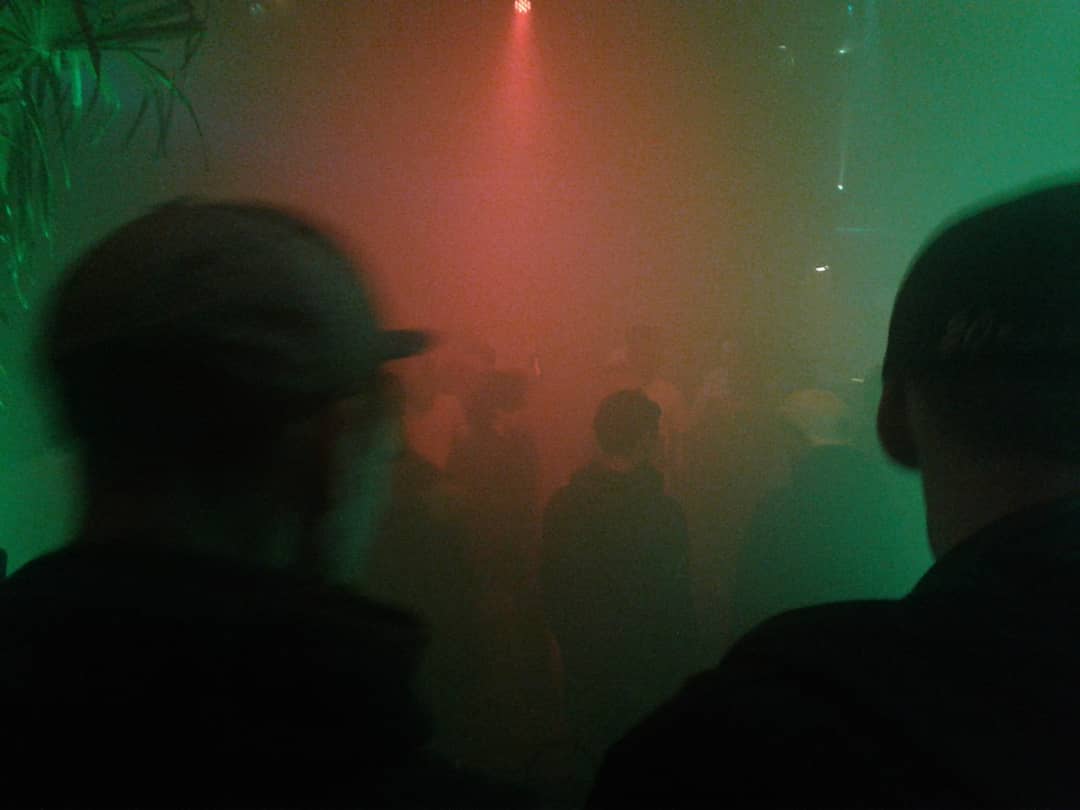
King Turbo was founded in 1989, the first clash ever took place on Dillon’s birthday, a special evening without a doubt. The crew had a different name at the early start but the one that stuck is a nod to King Jammy. The Turbo part he “took from a radio shack video game console called turbo graphics.” Andrew’s first encounter with the turntables, however, goes much further back, to the early double-digit age of 10 or 11, when he began to “practice” with a playschool DJ, “you know, those little play deejay turntables that kids used to have,” I smiled picturing one in my head. Not many parents would imagine that a toy they gave to their pre-teen would determine their career path.
King Turbo started as a juggling crew, and as other DJs noticed them leaving a footprint on the dance-floor they began to challenge the crew which led to a handful of crews into a Sound Clash arena. To date they practice both, “You have DJs that just clash and you have DJs that juggle. We do both.” But it is the Clash that brings back home the trophies.
Years later as King Turbo established their dominance in the arena and won the Canadian rumble, they got the honor of representing Canada in New York for the 2016 World Sound Clash. “As a DJ that loves Sound Clash, and I can speak about this from a perspective of DJ’s across the world. One of your dreams is to be on a big stage like World Clash and to win Canadian rumble, to represent Canada in a World Clash was a humbling experience,” he shared. The Clash was less stressful as Dillon had anticipated, “We kind of just did our thing well and we won,” he summed up. Bringing that trophy back from New York was a “validation of years and years of doing the music.” He then echoed the negative energy that exists in the music world: “We’ve been here since 1989 [and] DJs pop up every single minute, trying to test who you are, trying to validate why you’re still relevant,” so winning the World Clash was also proof that the crew was still on the right track.
A couple of years later, in 2018, the World Clash came to Toronto, which King Turbo also won, now placing them at the forefront of Canadian clash heavy hitters, a status that secured them an invitation to the Reggae Sumfest which hosted the Clash this year. Gearing up for the event Dillon admits that he is only going there to play, “I’m not watching a show. I’m part of a show and that’s an honor.”
The road to Clash is all about preparation: “What we’re going to play and what we’re going to say and what we’re trying to get across that night,” but knowing that you have to vibe off the crowd and might need to switch things up on the fly. Dillon points out that you have to have a solid plan. As a competitor you have to “stand out from the pack” and please the crowd who ultimately makes the decision.
Andrew ‘Slingshot’ Dillon and Dyce Lock are packing bags, rhymes, forwards, and plans for their next opportunity to represent Canada in the international Sound Clash arena but they are staying realistic. “I’ve been in this business long enough to know that you know you can’t win them all.” I start to wonder if it’s the polite Canadian talking in him, “Any one of [the competitors] can jump the leaders quickly… At the end of the day, you just gotta take it at each moment at a time and it’s a blessing that we get to enjoy what we’re doing.”
Images courtesy of the artist
